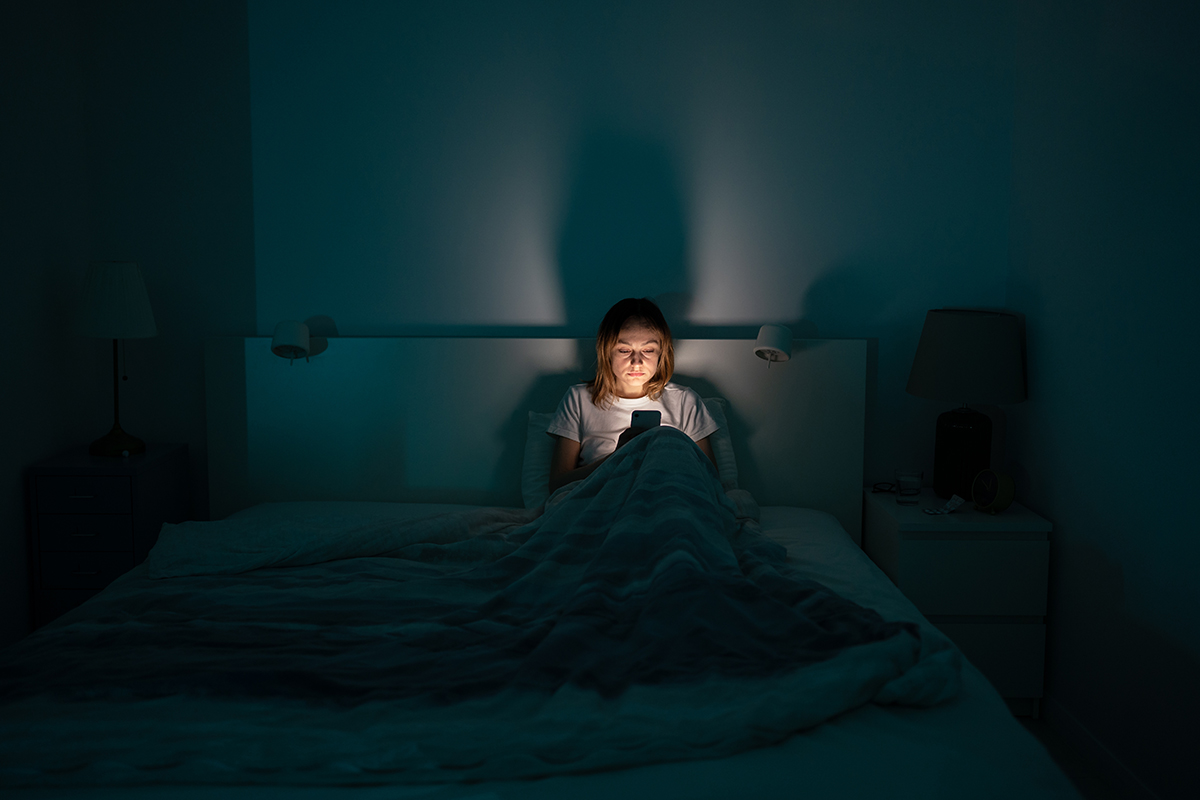
Can Neurofeedback Help with Insomnia?
Millions of people worldwide grapple with the torment of insomnia, a sleep disorder that can wreak havoc on one’s physical and mental health. While there are numerous strategies to tackle this issue, neurofeedback therapy has emerged as an intriguing option in recent years. In this post, we will explore the question, “Does neurofeedback help insomnia?” while also delving into other effective strategies to combat sleepless nights and the unique benefits of neurofeedback therapy for improving sleep.
Understanding Insomnia
Before we discuss neurofeedback therapy and its potential impact on insomnia, let’s first understand what insomnia is and why it poses such a significant challenge to those who experience it.
Insomnia is characterized by persistent difficulties falling asleep or staying asleep, despite having the opportunity to do so. This sleep disorder can have profound effects on an individual’s life, leading to:
- Daytime Fatigue: Insomnia sufferers often experience severe fatigue, impairing their ability to concentrate and function optimally during the day.
- Mood Disturbances: Insomnia is closely linked to mood disorders, such as anxiety and depression, exacerbating emotional distress.
- Reduced Quality of Life: Chronic insomnia can have a significant impact on one’s overall quality of life, as it impairs daily functioning and enjoyment.
- Health Consequences: Insomnia is associated with an increased risk of various health problems, including cardiovascular issues, obesity, and diabetes.
Given the adverse effects of insomnia, it’s no wonder individuals seek effective treatments to regain their ability to sleep peacefully. Neurofeedback therapy is one such treatment option gaining attention in the field of sleep medicine.
Neurofeedback Therapy: An Overview
Neurofeedback therapy, also known as EEG biofeedback, is a non-invasive therapeutic approach designed to help individuals regulate their brainwave patterns. It involves the use of electroencephalography (EEG) technology to measure brainwave activity in real-time and provide feedback to the individual.
The primary goal of neurofeedback is to enable individuals to gain greater control over their brainwave activity, ultimately promoting healthier patterns associated with improved sleep, reduced stress, and enhanced overall mental well-being.
Can Neurofeedback Help Insomnia?
The relationship between neurofeedback therapy and insomnia is a subject of ongoing research, but there is promising evidence to suggest that neurofeedback can be beneficial for individuals struggling with sleep disorders like insomnia. Here are some key ways in which neurofeedback may help:
- Stress Reduction: Neurofeedback can target brainwave patterns associated with stress and anxiety, which are often underlying causes of insomnia. By training individuals to produce calmer brainwave states, it may help reduce the psychological factors contributing to sleep disturbances.
- Cognitive Enhancement: Some forms of neurofeedback focus on improving cognitive functions, including attention and executive function. Enhanced cognitive abilities can lead to better sleep by reducing racing thoughts and mental restlessness at bedtime.
- Sleep Architecture: Neurofeedback can be tailored to address specific brainwave patterns that impact sleep architecture. By promoting the production of more conducive brainwave states for sleep, it may improve sleep quality and duration.
- Medication Reduction: For individuals reliant on sleep medications, neurofeedback therapy can serve as an alternative or complementary approach. Over time, it may help reduce the need for medication, potentially minimizing side effects.
- Personalized Approach: Neurofeedback therapy is highly individualized, targeting an individual’s unique brainwave patterns. This personalization allows for a precise and tailored approach to address the specific factors contributing to insomnia.
- Long-Term Benefits: Neurofeedback therapy aims to produce lasting improvements in sleep quality. As individuals become more proficient at self-regulation, they can continue to apply these skills even after completing therapy.
However, it’s important to note that neurofeedback therapy is not a one-size-fits-all solution, and its effectiveness may vary from person to person. It is crucial to consult with a qualified healthcare professional, such as a licensed psychologist or neurofeedback therapist, to determine if neurofeedback is a suitable option for your specific insomnia concerns.
Other Strategies for Improving Insomnia
While neurofeedback therapy shows promise for improving sleep in individuals with insomnia, it’s essential to consider a multifaceted approach to addressing this sleep disorder. Here are additional strategies to complement neurofeedback therapy or explore independently:
- Cognitive Behavioral Therapy for Insomnia (CBT-I): CBT-I is a highly effective, evidence-based therapy for insomnia. It focuses on changing the negative thought patterns and behaviors associated with sleep disturbances.
- Sleep Hygiene: Practicing good sleep hygiene involves adopting habits that promote better sleep. This includes establishing a consistent sleep schedule, creating a relaxing bedtime routine, and optimizing your sleep environment.
- Mindfulness and Relaxation Techniques: Techniques such as deep breathing, meditation, and progressive muscle relaxation can help calm the mind and reduce anxiety, making it easier to fall asleep.
- Diet and Nutrition: Avoid consuming heavy meals, caffeine, and alcohol close to bedtime, as they can disrupt sleep. Opt for light, balanced snacks if you’re hungry before bed.
- Physical Activity: Regular exercise can improve sleep quality, but avoid vigorous workouts close to bedtime, as they can be stimulating.
- Limit Screen Time: Exposure to the blue light emitted by screens can interfere with sleep. Avoid screens for at least an hour before bedtime or use blue light-blocking glasses if necessary.
- Medication Consultation: If necessary, consult with a healthcare provider about the appropriate use of sleep medications. These should only be used under professional guidance and as a short-term solution.
Insomnia is a challenging sleep disorder that affects millions of individuals, and its consequences extend beyond just sleepless nights. While neurofeedback therapy holds promise as a potential treatment for insomnia, it should be considered as part of a comprehensive approach to improving sleep.
When exploring treatments for insomnia, it’s crucial to consult with qualified healthcare professionals who can assess your individual needs and recommend the most suitable interventions. Whether you choose neurofeedback therapy, cognitive behavioral therapy, or a combination of strategies, the goal remains the same: to achieve restful nights and regain control over your sleep patterns.
Remember that addressing insomnia requires patience and perseverance, but with the right guidance and strategies, a better night’s sleep is within reach. For more information on our Neurofeedback programs at Cognitive Solutions L.C., please visit our Neurofeedback Services page.
Related Posts
Natural Treatment For Attention Deficit Disorders Without Medication
When I was growing up in the 1970’s, there were always boys who were hyper. They...
How Can I Improve My Sleep?
Sleep is not just a period of rest; it is a fundamental aspect of our overall...
What Makes a Good Psychological Evaluation?
There are many reasons why a person would need a psychological evaluation....
Understanding Your Rights: A Teen’s Guide to Healthcare and Confidentiality
18 years old. This age brings so much change in a teen’s life, even more than the...





